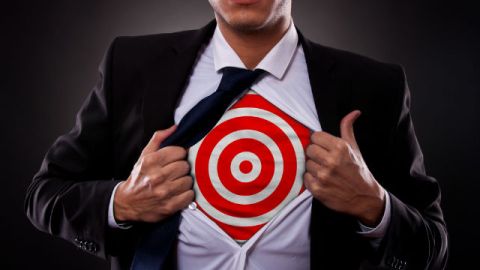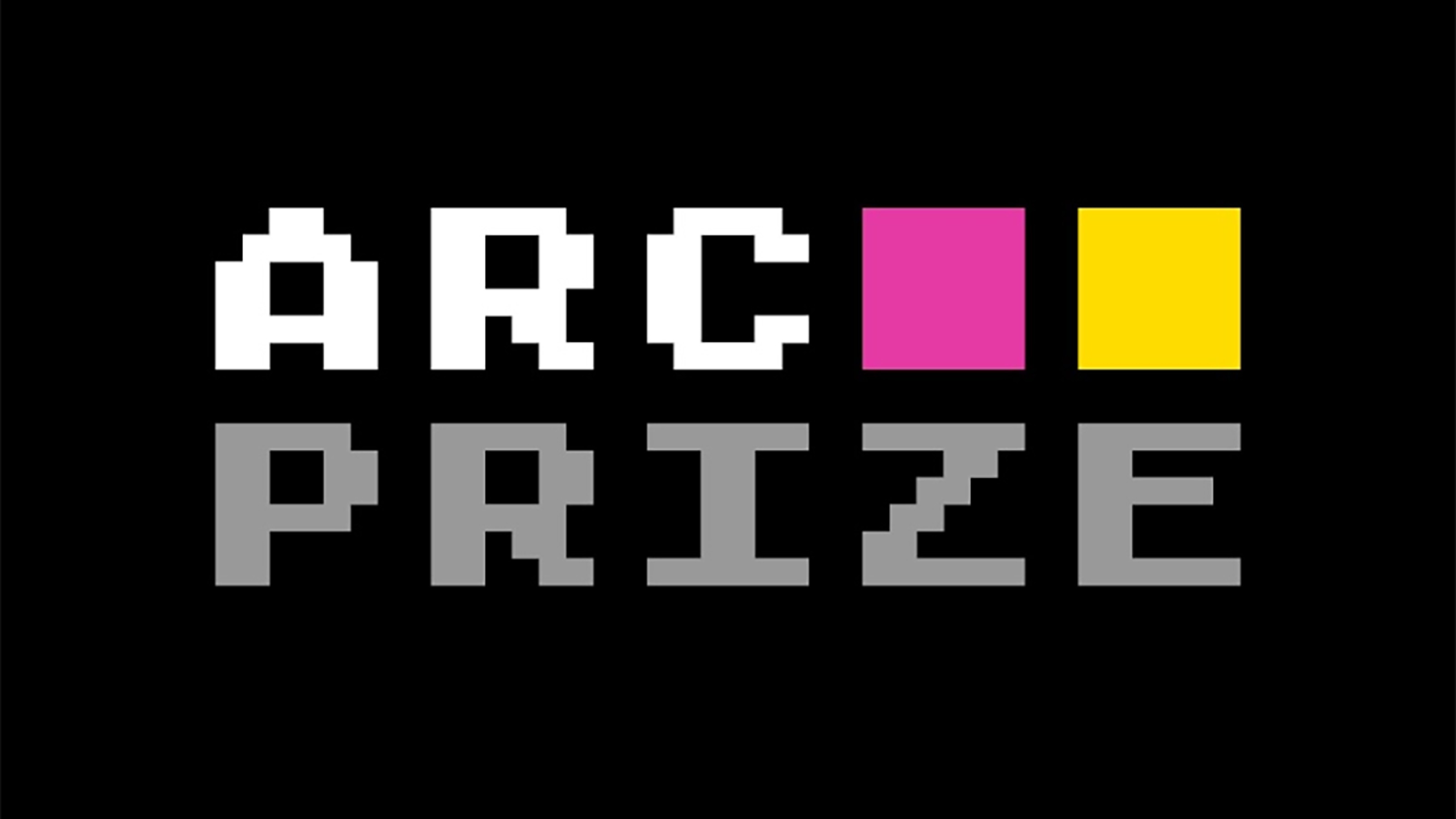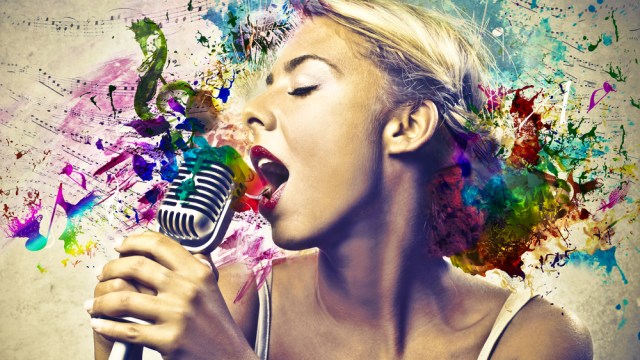You Are Not A Hero.

“The nicest veterans… the kindest and funniest ones, the ones who hated war the most, were the ones who’d really fought.”
– Kurt Vonnegut, Slaughterhouse-Five, Chapter 1
“I don’t feel like I did something spectacular; I just saw someone who needed help.” -Wesley Autry, “Subway Hero”
All of the debate recently about whether or not Edward Snowden is a hero has gotten me thinking about that word.
We overuse the word “hero” to such an extent that it doesn’t really mean anything anymore. According to common parlance, almost nobody isn’t a hero. It mirrors the classic injunction that “saying that everyone is special is another way of saying that no one is.”
But, it’s a big word, hero. It used to be historic, epic, legendary.
Who is a hero?
Achilles was a hero in our culture’s fiction, not every last Greek soldier outside the gates of Troy.
Martin Luther King Jr. was a hero.
Now, it seems like you can be a hero by trade. You can be a hero automatically.
Every parent is a hero. Every journalist is a hero. Every American is a hero. Every working woman is a hero. Every police officer, firefighter, and soldier is a hero without question or regard for what they do or have done or are prepared to do, even though the first two of those professions don’t even crack the top ten list for most dangerous jobs.
Of course, danger has something to do with it. So does sacrifice. But is that really all it means to be a hero? Can we even use the word if there are literally millions of de facto heroes left right and center of our society? Or, rather, should we?
Every 18 year old kid who signs up for the Marine Corps and serves a tour as an MP in a base in an allied country is a hero because he can’t afford to pay for college or wants to get away from home?
No.
Every cop who joined the force to have a decent job with benefits and who mostly books drunks and tickets cars is a hero because he’s “out there risking his neck”?
No. Screw that.
I’m not devaluing public service. There is no doubt that there are heroes in our police departments and in our military branches. But, I know cops. I know soldiers, commissioned and non-commissioned.
They don’t talk about an inherent, constitutional need to jump on grenades when they talk about signing up. They talk about pay, and benefits, and not knowing what to do, and, yeah, loving their country or community. But their reasoning is not saintly, it is not in the clouds, it is right down here on earth, and (surprise!) it sounds a whole lot like everyone else’s.
And what about the cops who leverage bad policies like Stop and Frisk and the Three Strike Rule to exploit and bully people? It can be even worse with soldiers. One doesn’t have to be a student of war literature and history to know that young men with weapons and a literal license to kill are capable of horrific things. What does it do when we unwittingly throw laurels on them? Does it encourage them? Does it make them feel immune to immorality?
(By the way, I happen to have an enormous respect for firefighters pretty much across the board, because, to me, those are men and women who are not prone to the same sort of entitled misdeeds as members of the police and the military. It seems like they are just willing to risk the worst kind of pain and death to save others. They run into burning buildings, which is to say that they literally regularly overcome our most primal instinct.)
What is a hero?
Anyway, is martyrdom really the only expression of ultimate sacrifice?
Martin Luther King Jr. didn’t become a hero when he was shot, or when he risked being shot. He became a hero when he acted above and beyond what we could possibly expect a mere human to do. He became a hero when he helped people.
When we create heroes in fiction, we almost can’t help but give them superhuman powers, because what a hero does to be a hero is something which it seems like people should be incapable of. It is something truly other.
And yet, there are indeed heroes among us. Here is proof: Alan Turing, Nikola Tesla, Nelson Mandela, Albert Goering, Dietrich Bonhoeffer, Rosa Parks, Witold Pilecki, Stanislav Petrov and Normal Borlaug. Take the time to click a few of those, because it’s all the evidence I really have for claiming that venerating real, exceptional heroism is critical.
Here at Big Think, we get to meet and interview many experts who are heroic, though we recognize that heroism is certainly not a qualification for being an expert.
Heroes are an exceptional variety. Consider, for instance, this video, in which tech guru Jaron Lanier pays tribute to the late Alan Turing.
Watch here:
Nobody automatically gets to be “the good guys”. Virtue is not by default.
If we use the word so much as to devalue it, we make it impossible to describe and understand real heroism, the rare, superhuman kind.
Heroism matters because symbolism matters. Let’s stop the hyperbole so that we can truly honor a great and rare human trait when we do see it. Let’s strive to bring ourselves up to heroic levels, not to bring the definition of “hero” down to us.





